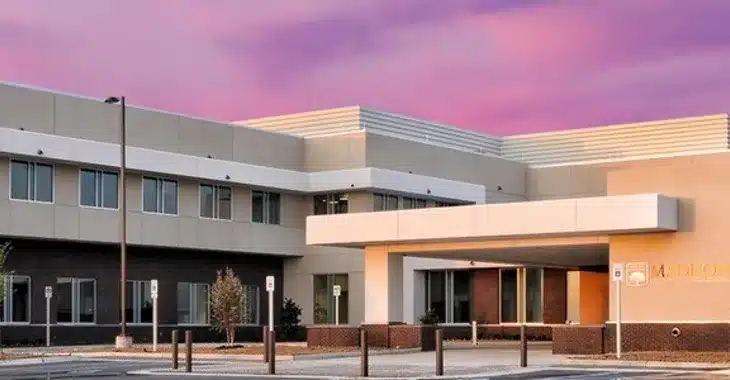
Facebook had a secret plan, CNBC reports.
It wanted to gobble up data from hospitals about their most vulnerable patients, and match it up with user profiles on the world’s biggest social network.
“Facebook’s pitch, according to two people who heard it and one who is familiar with the project, was to combine what a health system knows about its patients (such as: person has heart disease, is age 50, takes 2 medications and made 3 trips to the hospital this year) with what Facebook knows (such as: user is age 50, married with 3 kids, English isn’t a primary language, actively engages with the community by sending a lot of messages).”
“The project would then figure out if this combined information could improve patient care, initially with a focus on cardiovascular health. For instance, if Facebook could determine that an elderly patient doesn’t have many nearby close friends or much community support, the health system might decide to send over a nurse to check in after a major surgery.”
Although initiatives like this can be presented as a wholly positive thing, I cannot help but be alarmed that Facebook is one of the very last organisations with which I would feel comfortable sharing my personal medical details.
Facebook, like Google (which has attempted similar hook-ups with the UK’s National Health Service, with controversial results), is – after all – an advertising company.
Facebook’s whole point of existence is not to care for your health, nor even to provide an endless stream of photographs of distant acquaintance’s children. Facebook wants to hoover up as much information about your life as it can to boost its monetisation.
And it would have gone ahead with its plan to start collecting patient data from hospitals, if it had not found itself under such scrutiny in recent weeks over the Cambridge Analytica debacle.
Furthermore, as you have probably guessed, the issue of how Facebook or the hospitals would receive consent from patients appears to have been entirely brushed under the carpet.
According to the CNBC report, the man behind Facebook’s attempted hook-up with users’ medical data was Dr Freddy Abnousi, an interventional cardiologist, who describes himself on LinkedIn as “leading confidential projects at Facebook.”

Not so confidential anymore, it seems…



And I'm out. I had (note the past tense) my privacy settings locked down and I reviewed them regularly, since FB has a habit of "updating" them. But this is a step too far
You will probably find that Facebook (and Google) also have tie-ins with the credit reference agencies like Experian and Equifax. It is easy to dump Facebook (i did 4 years ago) and Google but much harder to remove credit data. This is the big danger with gov.uk Verify.
Getting to be like China – don't post photos of your face online and don't let F&F do so either. We shall all need "V" masks next.
As I asymptotically approach old age I get more like Marvin (H2G2) the paranoid android "here I am, brain the size of a planet, working with humans"
Deport Zuckerberg NOW.